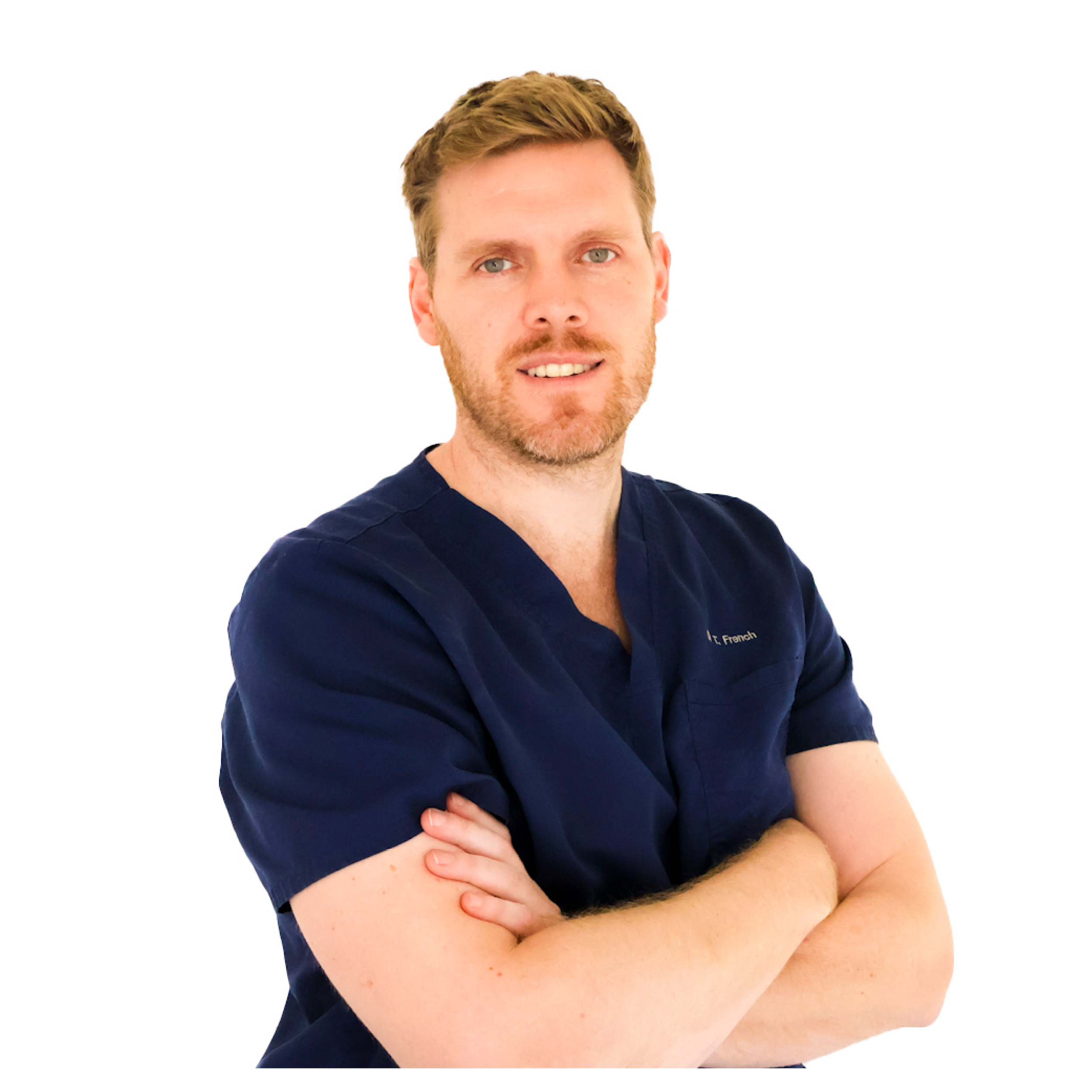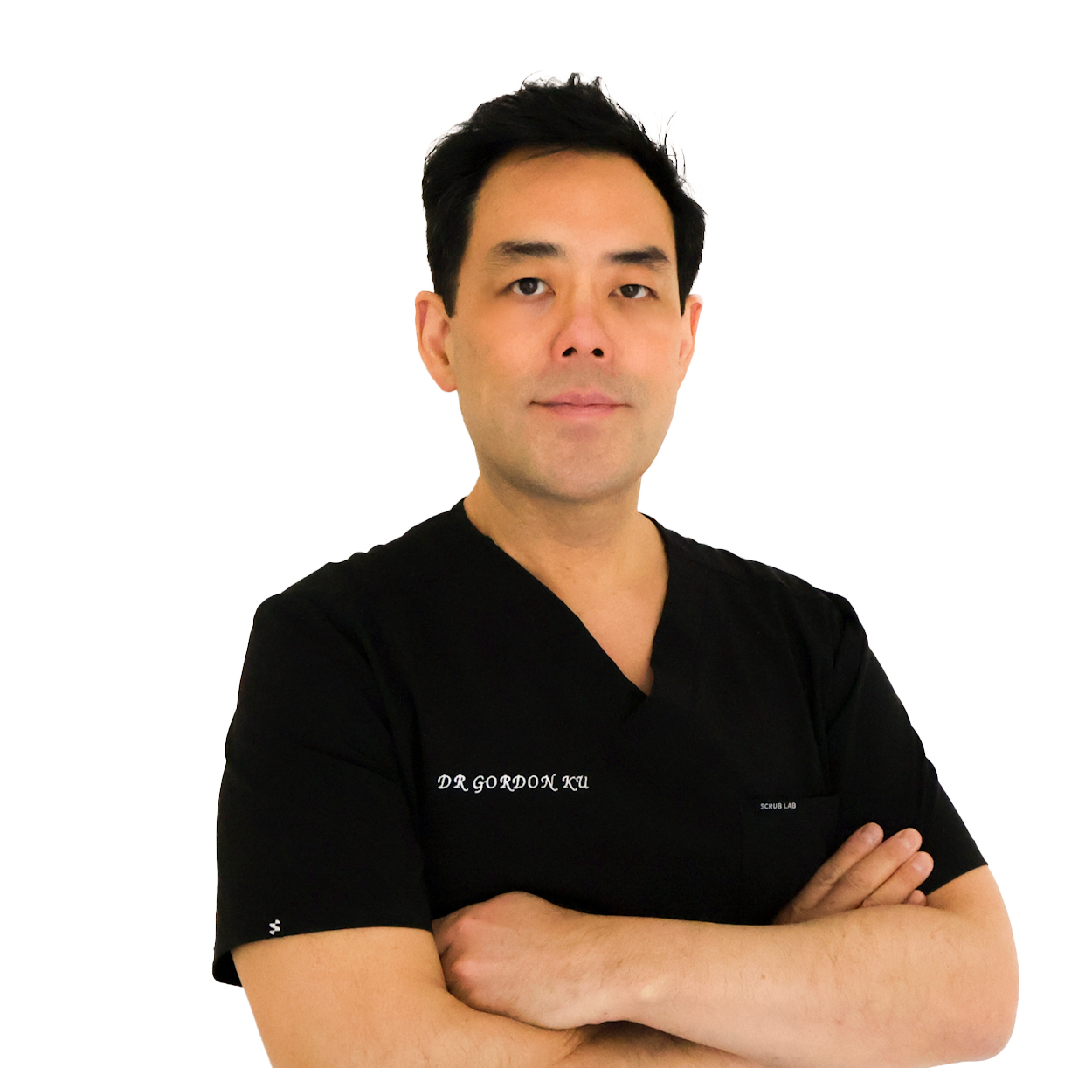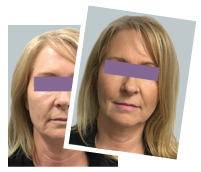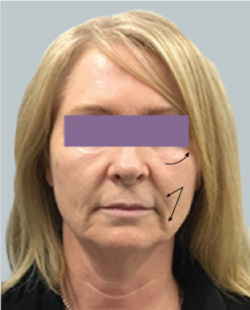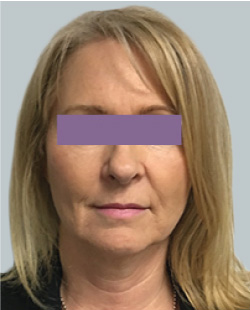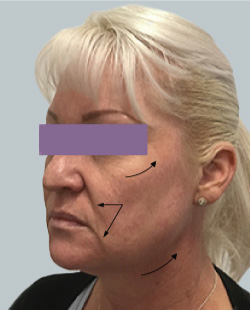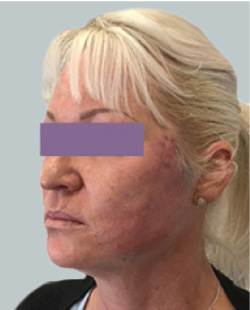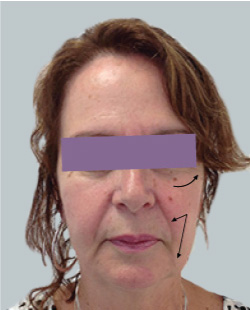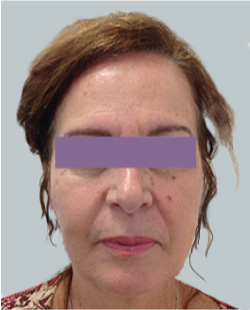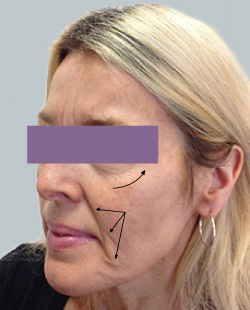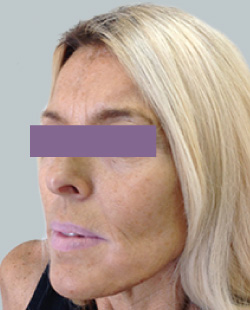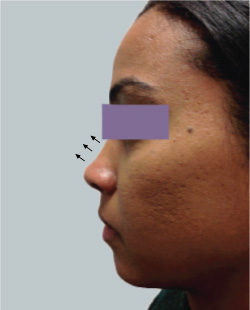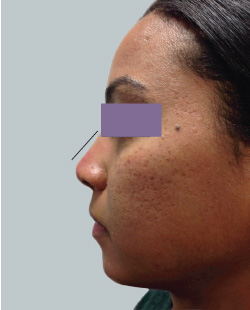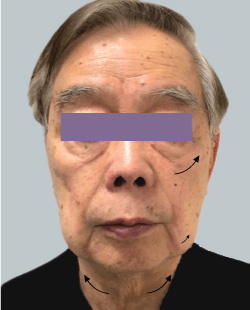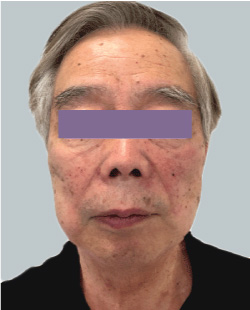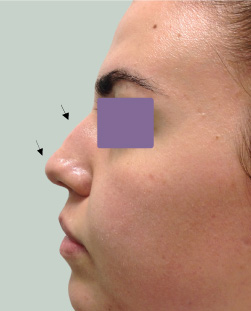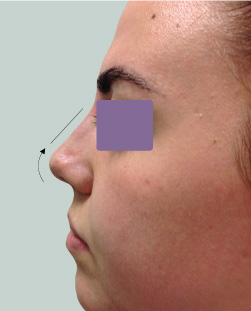Your skin plays a crucial role in your body, acting as a barrier against infection and harmful substances. As you age, your skin can show signs of wear and tear. Skin treatments aim to address these signs, but like all treatments, they come with both benefits and risks.
Unfortunately, over time, factors like the sun and wind, including toxins in the air and products we use on our body, affect our skin cells adversely.
You may notice that your skin is not as smooth as it was when you were younger. As time passes, fine lines and wrinkles start to make their appearance around your eyes and lips. Collagen beneath the skin starts to diminish while deep lines begin to appear.
You may also notice areas of hyper-pigmentation, skin redness, or uneven skin texture. Despite this natural progression, your skin has a remarkable ability to repair itself. With appropriate skin treatments tailored to your needs, you can aim to improve the appearance of your skin.
Surgical Warning: Any surgical or invasive procedure carries risks. Before proceeding you should seek a second opinion from an appropriately qualified health practitioner.
Read more on the Risks of Treatments
Me Clinic has over 35 years of experience in treating skin, providing Facial Cosmetic Medicine. However, it’s important to remember that results can vary between individuals.
The Cosmetic Treatments and Bespoke Treatment Plans we have developed at our prestigious skin clinic can effectively deal with any Skin Condition and problems you may have, while also slowing down and reversing the skin’s ageing process.
A skin consultation with one of our Cosmetic Doctors, Nurses or Aestheticians is essential so we can assess your skin to make the best recommendations for treatments and skin care products to bring out the best you.
Our practitioners who perform Skin treatments include:
Michelle Casey
Paramedical Aesthetician
18+ years experience
25,000+ skin treatments
-Dr Tim French
Specialist Medical Practitioner / Phlebologist
11 years experience
5,000+ veins procedures
+Dr Gordon Ku
Cosmetic Doctor (MED0001169203)
26 years experience
6,000+ procedures
+With over 11 years of experience in cosmetic medicine and surgery, Dr. Gordon Ku has built a reputation for helping people look and feel their best through a range of non-surgical treatments. He is highly skilled in non-surgical thread lifts - commonly used to improve the jawline definition and rejuvenating the face while also improving skin integrity.
Read moreFind out more
At Me Clinic, we aim to provide a high-quality cosmetic experience as you embark on your path towards improved skin health. We have over 35 years of Cosmetic Surgery experience from our team of skilled doctors, nurses, clinicians and aestheticians to share with you.
Speak to one of our specially trained consultants to discuss a treatment plan tailored to your needs. While we aim to provide long-lasting results, the duration of these results can vary. A thorough plan will be discussed detailing any potential side effects including estimated downtime and recovery post-treatment.
Skin Treatments offered at Me Clinic Melbourne
Microdermabrasion
Microdermabrasion works by stimulating the skin healing process. A fine abrasion, coupled with suction, gently removes loose, dead and diseased cells and also cleans out blocked pores in a manner similar to a vacuum cleaner.
More about Microdermabrasion
Healite II (LED)
Lutronic Healite II is a new generation Light Emitting Diode (LED) phototherapy system. It can be used as an effective stand-alone therapy or as a powerful adjunctive therapy to promote pre and post operative wound healing and recovery and facial peels.
More about Healite II (LED)
Factor4
Factor4 was developed to provide patients with the most up to date anti-ageing treatments which uses the body’s own blood in a highly concentrated plasma which contains anti-inflammatory, growth and repair factors. Factor4 is one the most advanced anti-ageing treatments on the market.
More about Factor4
Skin Needling Treatments
Skin Needling is performed using a Dermal roller or another dermal rolling device. The treatment operates on the principle that when the Dermal roller is rolled over the skin multiple times, the small needles create minute and microscopic injuries to the skin.
More about Skin Needling Treatments
Cosmeceutical Skincare
Cosmeceutical products are the strongest strength ingredients available without a prescription from our Cosmetic Medicine Doctors. Our ranges of Cosmeceutical Skincare Products are made from the best quality plant based ingredients creating cellular changes in the skin.
More about Cosmeceutical Skincare
Acne Treatments
If you have been through the distress and embarrassment of having acne and tried many treatments to resolve the problem, then you will be happy to hear that there are treatments that will resolve the problem.
More about Acne Treatments


